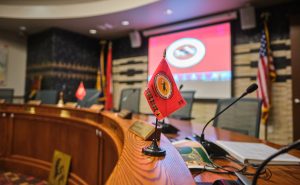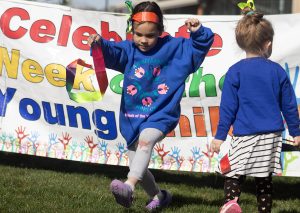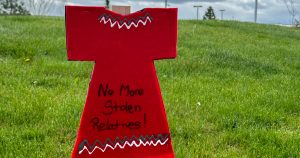PORTLAND — Nez Perce, Umatilla, Warm Springs, and Yakama tribal fishers are making their way to the Columbia River after the tribes announced that the first commercial gillnet fishery of 2021 will open on Wednesday, June 16. They will harvest summer chinook, sockeye, and a small number of steelhead that will be available for purchase by the general public from now on through the summer and fall.
Fisheries managers currently estimate that 115,600 sockeye and 78,000 summer chinook will return to the Columbia River over the next few weeks. The peak of these runs will occur around the end of June and the abundance may drop of quickly, so those who want to enjoy a fresh Columbia River Indian-caught salmon this summer are encouraged to take this opportunity, safely.
“The tribal fishery on the Columbia River is a long-honored custom that can be traced back to ancient times when the rivers ran wild,” stated Aja DeCoteau, Interim Executive Director for the Columbia River Inter-Tribal Fish Commission. “Whether people come to the river to enjoy fresh Columbia River-caught fish or engage tribal fishers directly, the commercial fishery allows the public to enjoy a taste of history.”
Due to the ongoing COVID-19 pandemic, a number of guidelines and recommendations have been made both to the tribal fishers as well as those interested in buying salmon directly in an effort to prevent the spread of the virus. Those planning to visit the river to buy a salmon are encouraged to wear a mask and should expect to see fishers make social distancing accommodations. Many fishers now accept credit cards or mobile payment to avoid handling cash.
As a population that is extremely at-risk for developing complications from COVID-19, the tribes have been particularly cautious and they encourage fish buyers to help in this effort to protect not only themselves, but the tribal community, as well.
Both treaty and non-treaty fishery catches have been agreed to as part of the U.S. v. Oregon Management Agreement and will be adjusted throughout the season as the run sizes are updated. Besides chinook and sockeye, limited numbers of steelhead are available during the summer period. The tribal fishery is protected under treaties the Yakama, Warm Springs, Umatilla, and Nez Perce tribes signed with the federal government in 1855. These treaties reserved their right to fish for ceremonial, subsistence, and commercial uses at all usual and accustomed fishing places in the Columbia Basin.
Direct-to-public sales locations can be found at:
- Cascade Locks in Marine Park and under Bridge of the Gods
- Celilo Park
- North Bonneville (one mile east of Bonneville Dam on the Washington side)
- Other locations along the river may be offering salmon sales, so look for road signs
When purchasing fish from tribal fishers:
- Wear a face mask and keep a six-foot distance from the seller and other customers.
- Use hand sanitizer.
- Pack a cooler with ice to keep your purchase fresh.
- Sales generally run from 10 am to dusk every day. The best selection is available early in the day.
- Price is set by individual fishers and is determined at the point of sale.
- Many fishers accept credit cards or mobile cash payments but be prepared with cash just in case.
- Request a receipt.
- Ask fishers on topics such as freshness and preparation.
The public should call the salmon marketing program at (888) 289-1855 before traveling to the sales locations to find out where the current day’s catch is being sold. More information on purchasing fish can be found on CRITFC’s salmon marketing website www.critfc.org/harvest. Regular salmon sales updates are also found on CRITFC’s social media platforms such as Facebook (https://www.facebook.com/critfc/) and Twitter (https://twitter.com/CRITFC).



